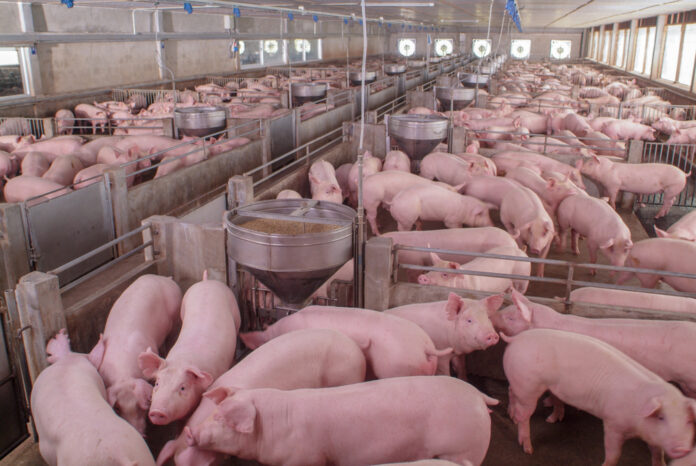The Pork Producers Federation of the Philippines Inc. (ProPork) has urged the Department of Agriculture (DA) and the Bureau of Animal Industry (BAI) to consider the Cebu provincial government strategy in mitigating the impact of the African swine fever (ASF) on its hog population.
Rolando Tambago, ProPork president, said the existing protocol in place mandating the immediate culling of animals without regard of their health status has clearly proven ineffective with the loss of at least 5 million heads of swine not because of actual infections but because of the total approach on ASF incidence.
“The BAI existing protocol of culling even healthy pigs within a 500-meter radius has caused farmers to panick, contributing even more to this loss of hog inventory,” Tambago said.
According to Tambago, the local hog industry is convinced this method of culling even the healthy animals is counter-productive against food security efforts and causes the disease to spread even more as farmers who fear total loss are instead encouraged to sell their hogs, including the sick ones.
ProPork said if this continues, the three-year culling protocol in place that kills even healthy pigs already threatens pork supply and a feared spike in retail prices within two to three months.
Tambago pleaded for both the DA and the BAI to reconsider Governor Gwen Garcia of Cebu’s “alternative approach” to cull only sick hogs in the province and conducting not only a massive testing for ASF but subjecting the healthy hogs to multi-level veterinary procedure prior to slaughter.
ProPork reemphasized the national government must consider the Cebu protocol or risk fanning the unhealthy and unfounded view that culling all pigs within a 500-meter radius of an ASF incidence is intentionally done to make way for more imports.
“In 2022, the country imported 710.3 million kilograms of pork at a reduced tariff. That’s almost half of the country’s annual demand. If we fail to protect the remaining half of our local industry, there is high possibility that we will be fully reliant on imported pork and consumers will eventually suffer due to lack of food security,” Tambago said.
According to data from the Philippine Statistics Authority, the country produced 1.7 million metric tons (MT) of hog in 2021 which increased by 2.4 percent to 1.74 million MT last year.







